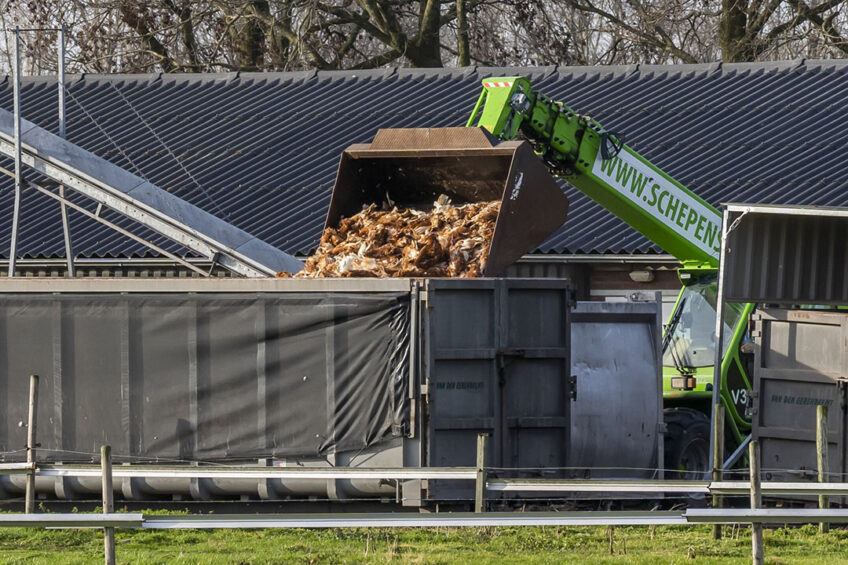Bird flu prevention zone imposed across Great Britain

A bird flu protection zone has been declared across Great Britain following cases in Scotland and on the English/Welsh border. The move, designed to stop the spread of the disease among poultry, requires all bird-keepers to follow strict biosecurity protocols to protect their flocks.
In a joint statement, the chief vets from England, Scotland and Wales, said all keepers had to take action: “Whether you keep just a few birds or thousands, you are now legally required to introduce higher biosecurity standards on your farm or holding.”
The most recent case in poultry has been in a small backyard flock near Arbroath, Angus, Scotland, but cases in wild birds have been found in the region and in Fife.
“I think it is really disappointing that we’re back in bird flu season so early this year.”
It follows the discovery of high pathogenic H5N1 in poultry and wild birds on a holding close to Chirk, Wrexham in Wales, and cases at a wild bird sanctuary near Droitwich, Worcestershire, in England.
Welsh chief veterinary officer, Christine Glossop, said there was evidence that the virus was circulating, stemming from migratory wild birds. “I think it is really disappointing that we’re back in bird flu season so early this year.”
The UK’s Department for Environment, Food and Rural Affairs (Defra) has raised its risk of bird flu incursion from low to medium. Defra said H5N1 was spreading in wild birds along the wildfowl migration flyway in northern Germany and Denmark.
Research maps elevated transmission risk of bird flu in the US
A study has uncovered the potential and elevated periods of risk for the blue-winged teal species of migratory waterfowl to transfer avian influenza to domestic poultry in commercial chicken and turkey facilities. Read more…
Aimee Mahoney, National Farmers Union chief poultry adviser, urged producers to practise enhanced biosecurity and be vigilant for any signs of disease in their flocks and appealed to backyard flock keepers to follow biosecurity advice to reduce the risk of infection.
Simple measures to improve biosecurity include:
- Keeping the areas where birds live clean and tidy.
- Controlling rats and mice.
- Regularly cleaning and disinfecting hard surfaces.
- Keeping chickens and turkeys completely separate from ducks and geese
- Conducting regular maintenance checks on bird housing.
- Cleaning moss off the roofs, emptying gutters and removing vegetation between sheds where birds are kept.
- Drawing up contingency plans for storing bedding and dealing with pests.
- Placing birds’ feed and water in fully enclosed areas that are protected from wild birds and regularly removing any spoiled feed.
- Putting fencing around outdoor areas where birds are allowed and limiting their access to ponds or areas visited by wild waterfowl.
- Cleaning and disinfecting footwear before and after entering premises where birds are kept.
Richard Griffiths, CE of the British Poultry Council, said the outbreak put additional pressure on the shoulders of British poultry meat producers, who were already working tirelessly to mitigate labour and Brexit challenges. “Amidst other challenges facing the sector the last thing we need is another bad winter of avian influenza,” he added.













